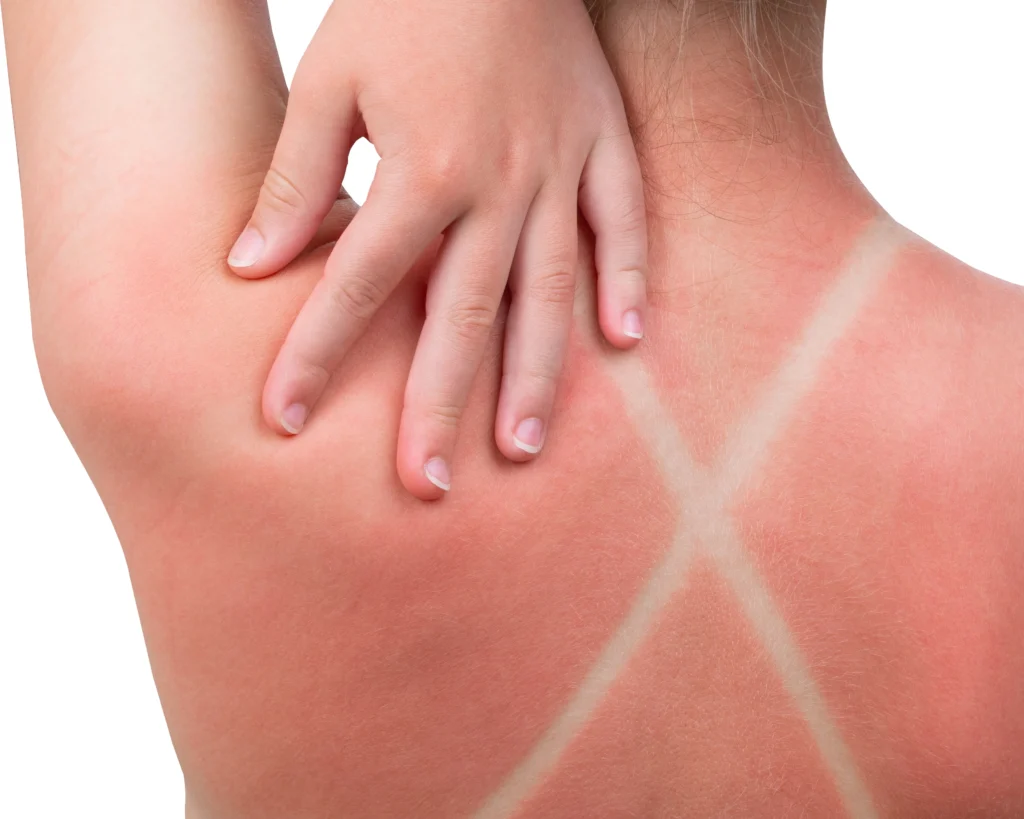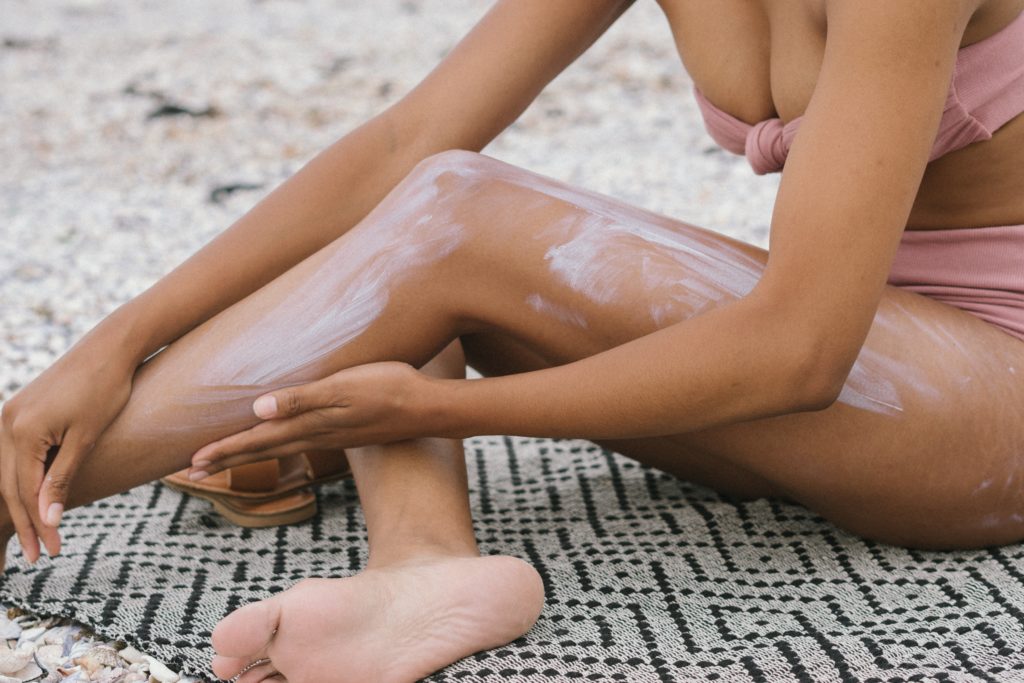
As the summer season ramps up, protecting your skin becomes even more important. The summer sun can cause major damage to your sensitive skin, including sunburn, skin cancer, irritation, and more. While you may know to wear sunscreen and protect your face and head from prolonged sun exposure, some other tips could help you have a fun and comfortable summer. Preventing sunburn is better than trying to heal your skin from a deep burn.
Wear Clothing With UPF Protection
Ultraviolet Protection Factor (UPF) can help block up to 98% of UVA or UVB rays that the sun emits. These clothing items are typically long-sleeved and made of breathable fabric. Many of these clothes on the market are marketed for travel, swimming, fishing, or those working long hours outside. Wearing UPF protective clothing will help prevent skin damage, without sacrificing style and comfort.
Use A Water Resistant Sunscreen
During a hot summer day, many people head to the pool or the lake to cool off. Your body will also sweat more as the heat rises outside in order to keep your internal temperature low. A water-resistant sunscreen will stay on your skin for longer during outdoor activities, providing a barrier between your skin and the sun. Water-resistant sunscreen needs to be applied at least 30 minutes before getting into the water. It typically lasts 40-80 minutes when constantly exposed to water.
Apply Sunscreen 30 Minutes Before Heading Outside
It is best to let your sunscreen dry before heading outside or jumping in the pool. Putting sunscreen or sunblock on 15-30 minutes before going outdoors will provide better protection against the sun. If you give your skin time to absorb the sunscreen, it will better protect you while you are moving throughout the day. Even if the sunscreen soaks into the skin, you will still need to reapply to fully prevent sunburn.
Sport A Wide-Brimmed Hat

A wide-brimmed canvas hat can do wonders for providing shade for your face, ears, nose, and the back of your neck. Preventing sunburn is easier on these sensitive areas when you sport a wide-brimmed hat and wear sunscreen. Tightly woven fabrics in dark colors provide more sun protection than lighter fabrics. Dark colors can be more uncomfortable to wear during the summer heat, but your skin will thank you for protecting it from harsh sun exposure. Wearing a UPF-rated outfit in a light color with a dark colored hat will help you stay comfortable and protected.
Stay Hydrated
While drinking water won’t exactly prevent sunburn, it can help keep your skin hydrated and less susceptible to blisters or further irritation. Drinking plenty of water will prevent dehydration and skin irritation that can be further aggravated by sunburns. Summer activities and hours in the sun often lead to sunburn, dehydration, heat exhaustion, and other physical symptoms. Keeping your body healthy means focusing on protecting all parts of your body.
Check Your Sunscreen’s Expiration Date
Each sunscreen or sunblock will have a printed expiration date listed on the bottle. Some sunscreens can last beyond this printed date, but if the consistency or smell seems off, it is best to throw it out. You should use your best judgment to determine if the sunscreen is going to provide protection. While sunscreen may not go ‘bad,’ it will become less effective as it gets older. If a bottle promises 50 SPF, after the expiration date, the SPF rating will slowly start to decrease, resulting in 30-15 SPF. Using expired sunscreen increases your risk of sunburn, especially if you are unaware of how effective it is.
Check Your Skin Care Ingredients Before Sun Exposure
Certain skincare products, medications, or skin treatments put you at a higher risk of sunburn. Those on hormone replacement or birth control are at higher risk of sunburn. Retinol, lactic acid, and salicylic acid also cause sun sensitivity, making face sunscreen even more crucial. If you are using any of these skincare products or are on medications, make sure to talk to a dermatologist about how you can better protect your skin while using these products.

Skin Help From Our Estheticians
Working with an esthetician can also help you prevent skin damage and learn more about proper skincare techniques. While estheticians can’t really treat sunburn, having a good skincare routine while also wearing a recommended sunscreen can help prevent it. Healthy skin is our goal, especially as our students learn firsthand how to deal with different skin types. Come get a service at our St. George office today!
